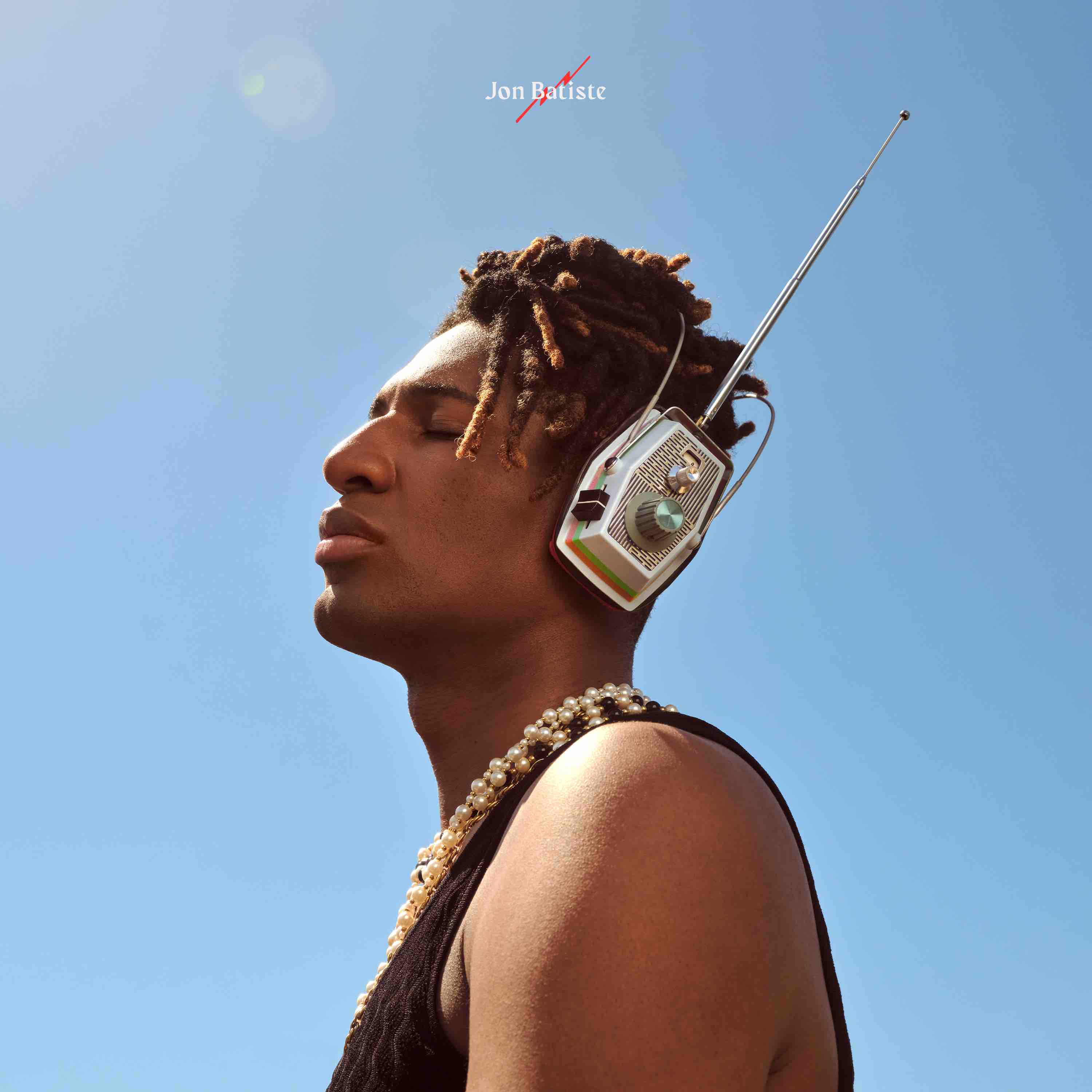Jon Batiste
World Music Radio
VERVE/INTERSCOPE
Since 1992, the GRAMMY Awards have seesawed between the terms “world music” and “global music,” occasionally subdividing this taxonomy into “traditional” and “contemporary” strains. No matter which nomenclature you prefer, these are all woefully inadequate catch-alls for the sheer, vast diversity that exists beyond the West, painting an infinite spectrum of regional styles and local vernaculars with the same nondescript brush.
On a new album called World Music Radio, Jon Batiste highlights the folly in this imperialist thinking in part by going along with its premise. Across 21 tracks he celebrates cultural specificity while simultaneously demonstrating a strong inclination toward universalism, having reggae beats sit alongside New Orleans horns, commingling American rappers with Catalonian crooners and K-pop stars, coalescing disparate genres, generations, and value systems into a big-tent, centrist pop blockbuster. The album tries—and mostly succeeds—at holding two truths in tension: That monoculture can never be allowed to swallow regional distinction, and that geographic or ethnic particularities should never hold us back from meeting in the middle.
Perhaps this sounds pointedly idealistic. Welcome to the world of Jon Batiste, a supernova of guileless positivity and unerring belief in the connective power of music itself. Batiste has always upheld song as a potential road to mutual disarmament, a convening point where we can set aside racial, cultural, and political differences; not for nothing was his early work dubbed “social music,” a precursor to the broad inclusivity of his post–George Floyd protest marches. On World Music Radio he even goes as far as to advocate for neighbors both Republican and Democratic, a boundary-breaking gesture that’s hopelessly out of step with our acrimonious age.
Yet his earnestness to include everyone in his boisterous pop party is a big part of Batiste’s appeal: Wholesomeness is as central to his persona as kink was to Prince’s, and the true miracle of World Music Radio is how it streamlines so much musical and ideological sophistication into an album that sounds designed for mass appeal. A recent New York Times profile lists Thriller as a reference point, and the mere fact that World Music Radio doesn’t wilt under that comparison is a testament to Batiste’s high-wattage charisma, the vastness of his ambition, his unerring ear for pop hooks. This feels like the kind of record that everyone would have been playing, singing along with, and arguing about, back before culture became quite so splintered.
Batiste intends for you to take the title of the album literally—not just in the “world music” part, but also the reference to radio (another token of the album’s anachronistic spirit: Its tracks all sound like singles, just begging to be plugged on a Top 40 call-in show). Batiste actually structures the album like a late-night broadcast, his speaking voice occasionally crackling through to offer loopy commentary and absurdist jokes, all under the guise of a character named Billy Bob. Think of it as a less satirical version of The Who Sells Out’s premise, a way for Batiste to add structure and transitions to his unruly collection of pop songs. His halfway-to-an-EGOT piano work is just as important, seldom foregrounded but popping up intermittently to add connective tissue and musical through-lines.
That’s not to say that you’ll hear a lot of jazz on this album, strictly speaking, though Batiste’s pop catholicity does extend an invitation to Kenny G, who offers a brief, easy-listening interlude. More typical of the World Music Radio aesthetic is “Raindance,” which builds from a slinky dub groove into full-on maximalist pop. It’s vital, high-energy, and somehow never sounds overly effortful in its world-beating ambition. It’s also richly detailed, offering the kinds of textures that make Batiste’s aspirant singles feel so sticky: You can hear his love for acoustic instruments in a spirited tambourine breakdown, and his flare for positive self-talk in the occasional back-patting aside (“This is fire!”).
World Music Radio celebrates spirited tempos and short run times (its 21 tracks span less than an hour) and it also celebrates the human voice: Not only does Batiste adopt a different persona on each song, but he’s joined by everyone from Lil Wayne to Lana Del Rey. Most of the album sounds sleek and contemporary, though Billy Bob’s airwaves occasionally pick up crackling transmissions from a bygone era (“My Heart,” a lovesick ballad from Spanish singer Rita Payes) or a rural station (“Master Power,” a loping country spiritual).
Batiste’s aim to make pop music that speaks to everyone sometimes finds him with little to say, at least as far as his lyrics go: While 2021’s We Are was a loosely autobiographical bildungsroman, World Music Radio generally trades in generalities. A song called “Worship” seems unbound from any particular liturgical tradition, and “Calling Your Name” conveys the feeling of affection without much detail about its object. But even the broad strokes feel befitting to Batiste’s greater mission: For 50 minutes he makes you believe you’re tuned into a phantom radio station with listeners from around the world, each one finding the vessels they need for their hopes and prayers; their zeal to connect, even with perfect strangers.







